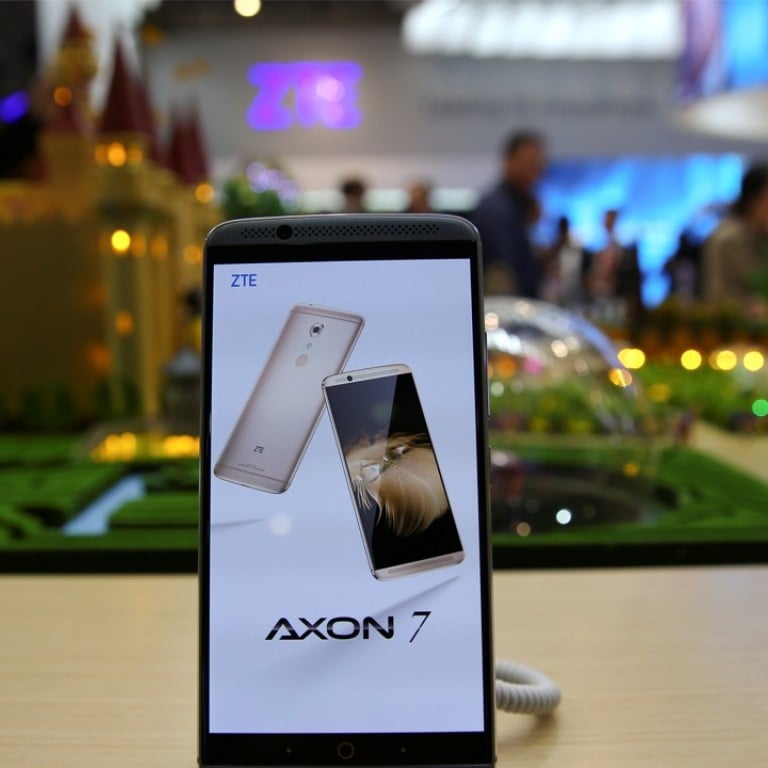
ZTE ban underlines the need for China to step up its own R&D
Beijing may need to come to terms with the inconvenient truth that Donald Trump is willing to risk a trade war and redouble its hi-tech efforts as a result
Timeline: How did Chinese 5G gear maker ZTE land itself in hot water?
Without US-made chips, software and other equipment, ZTE will be under pressure to meet its global network gear and smartphone orders, not to mention maintaining the momentum of 5G-related research and development.
The saga began in 2012 with a finding by the US Federal Bureau of Investigation that ZTE sold banned technology to Iran and tried to cover up the deal to block a Department of Commerce probe into the violation of trade sanctions. It has culminated, after at least four reprieves and an agreement to pay US$1.2 billion in fines, with the department activating the export ban.
Mainland critics have reacted with anger at what they see as an excuse for trying to block hi-tech development strategically vital to China’s national security. That is an unsurprising sentiment.
China’s ZTE delays earnings as US ban sparks confusion, concern
Likewise, from the US side, it is not difficult to understand why the ban has been imposed under Trump, for what concerns him most is the perception that China is now taking the lead in hi-tech development. As a result, Beijing’s attempts to maintain good relations and convince the US that China’s rise poses no threat may be to no avail. Thus to Trump a trade war may be worth risking as a tactic to prevent China overtaking the US.
Beijing may need to come to terms with this inconvenient truth and redouble technological development efforts to catch up.
Trade barriers may be a means of blocking rivalry, but the more that obstacles are raised the more determined a target country of the size and complexity of China will be to go a step further towards technological independence. Ironically, however, the more China achieves by itself the more the US will be prone to suspicion.
For hi-tech companies, doing business in the US and in a world market dominated by American interests means compliance with rules to avoid ZTE’s fate, but this reality also underlines the need for China to step up its own research and development.

